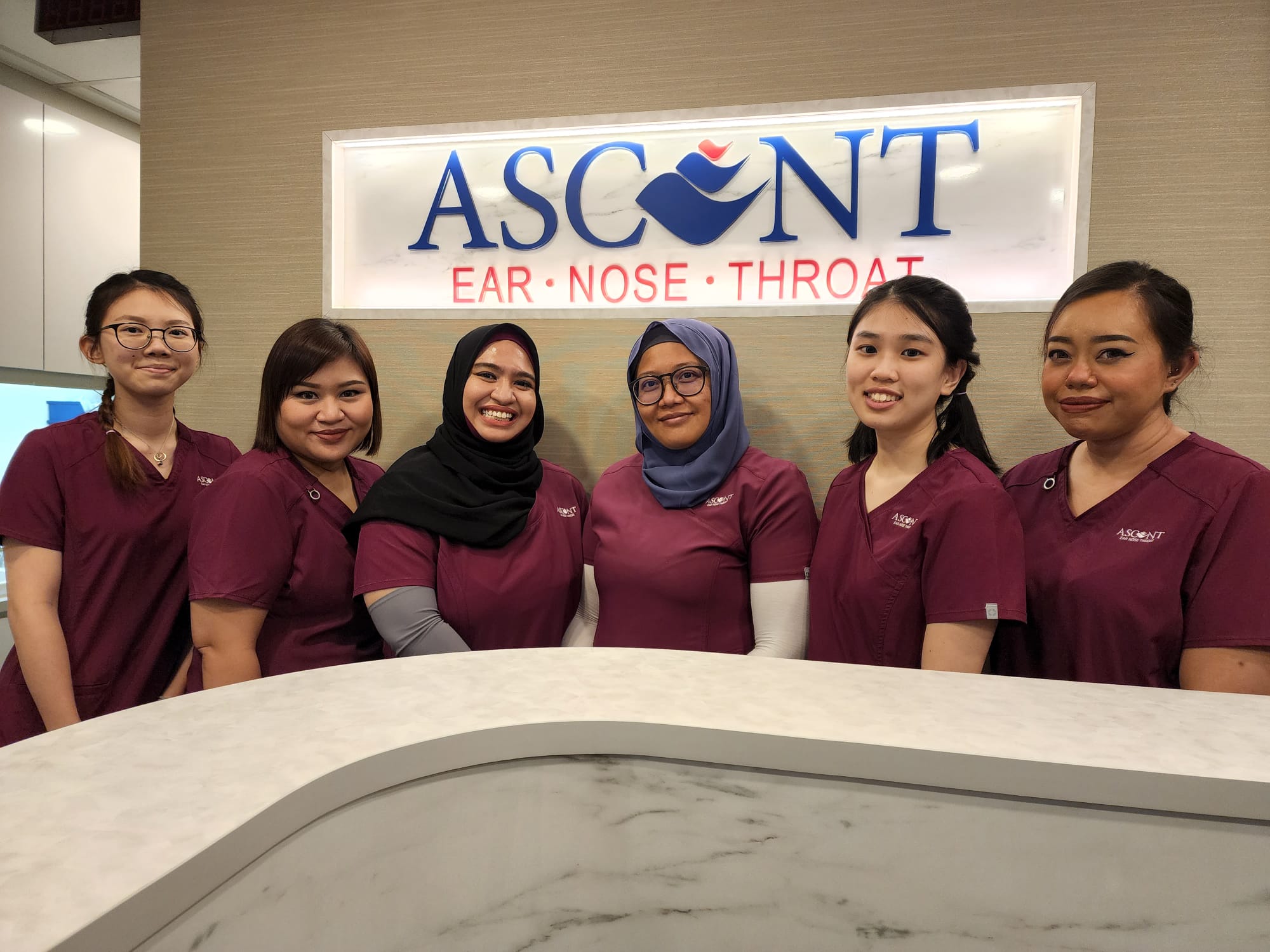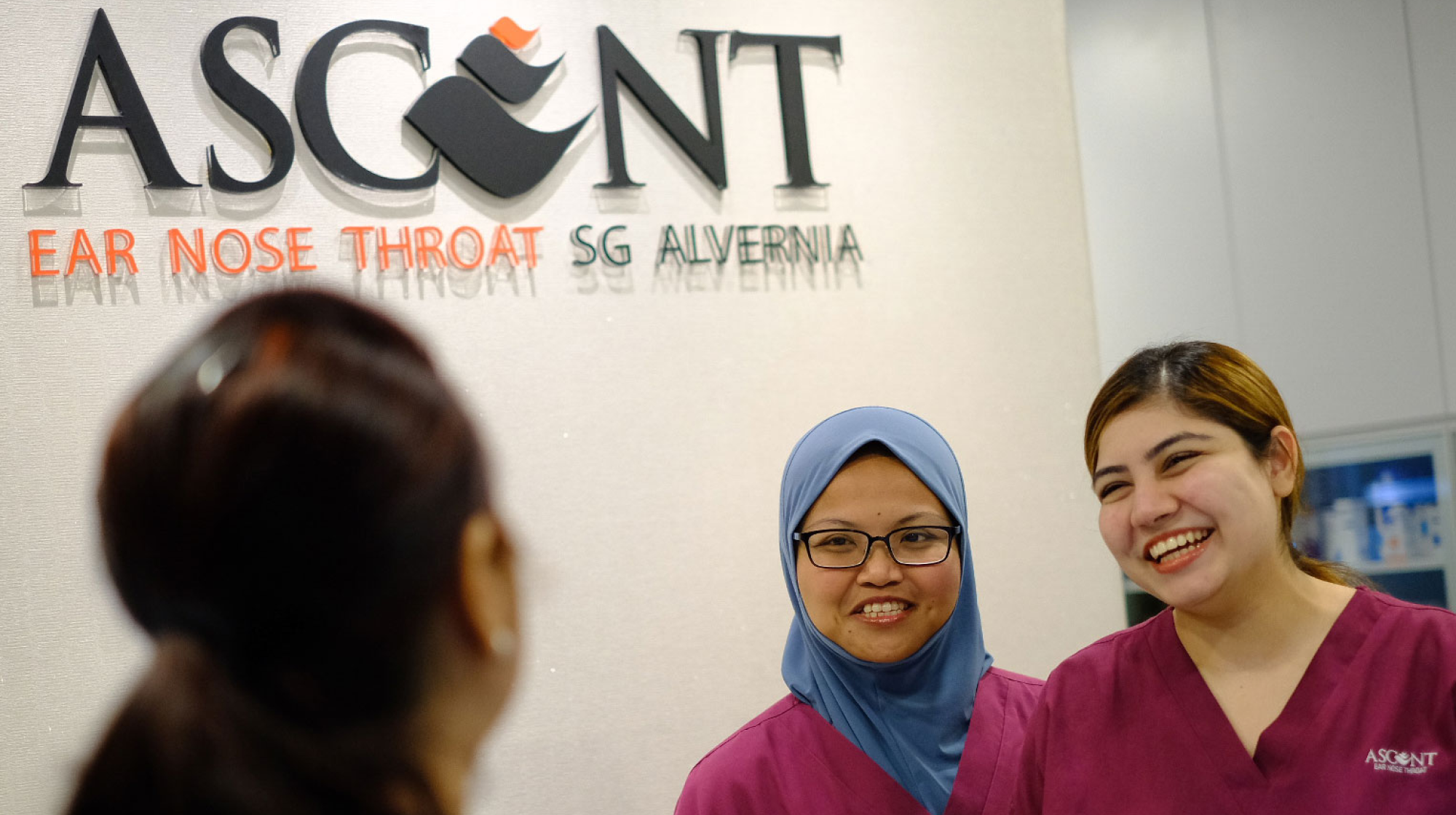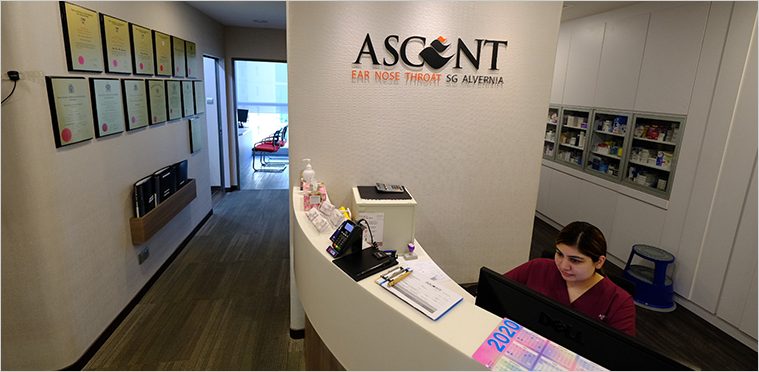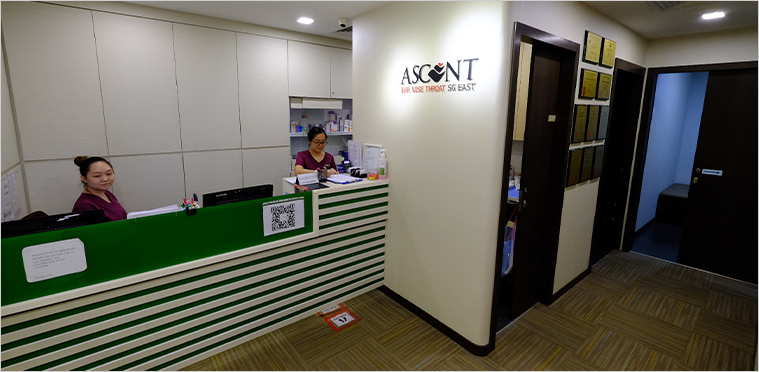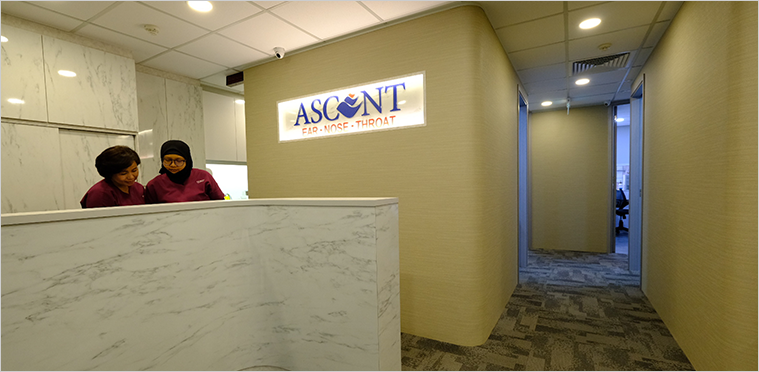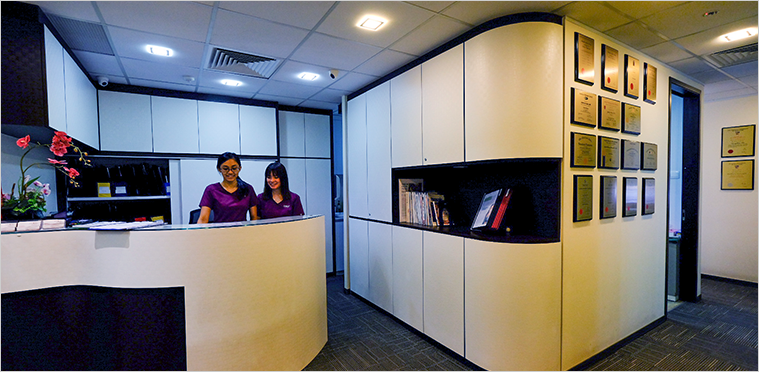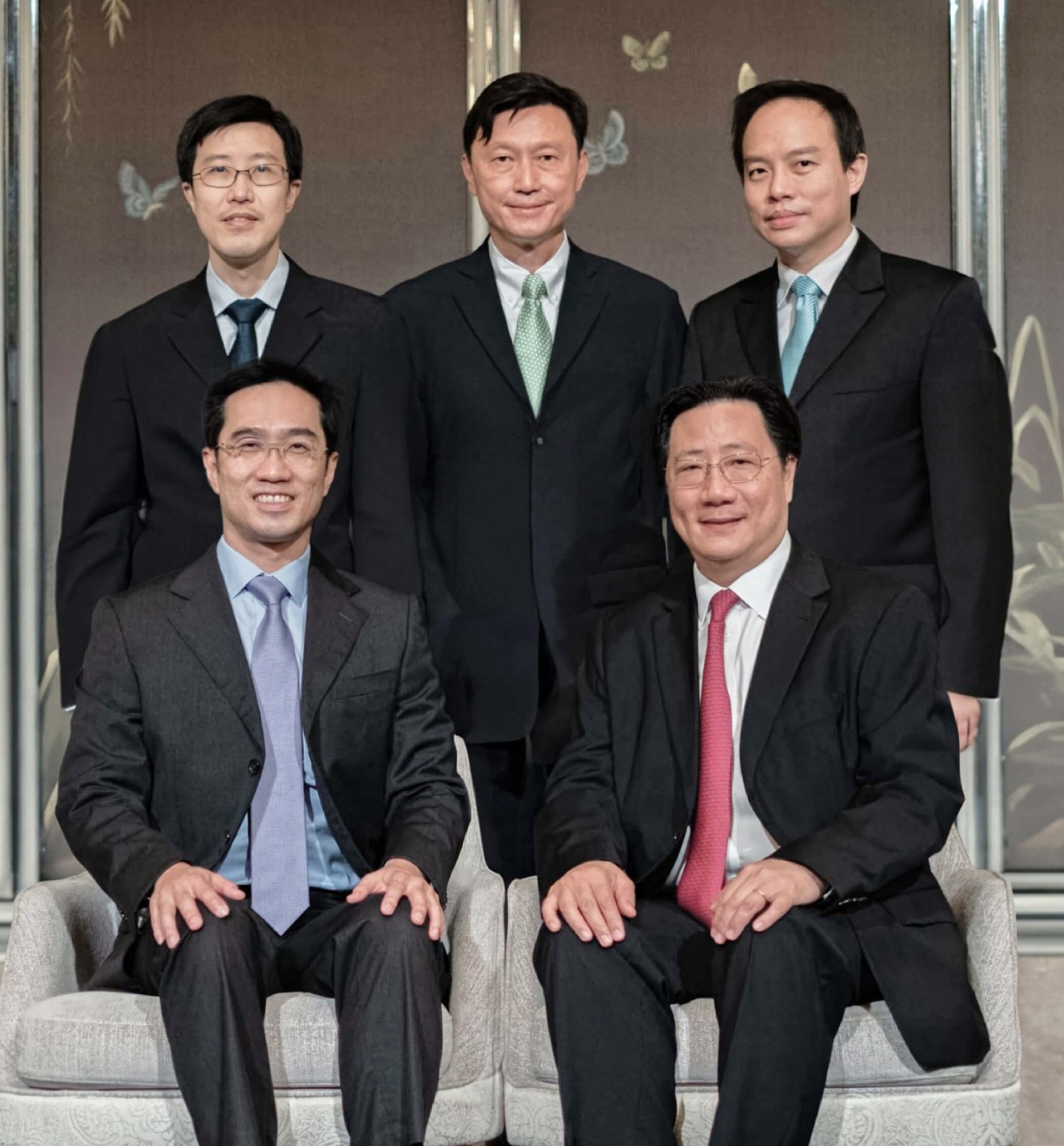Functional Endoscopic Sinus Surgery: A Complete Guide
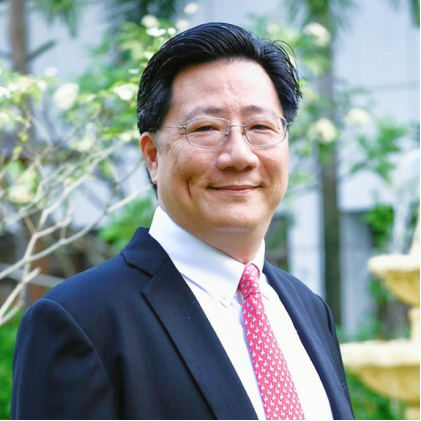
Medically Reviewed by
Dr Leong Jern-Lin
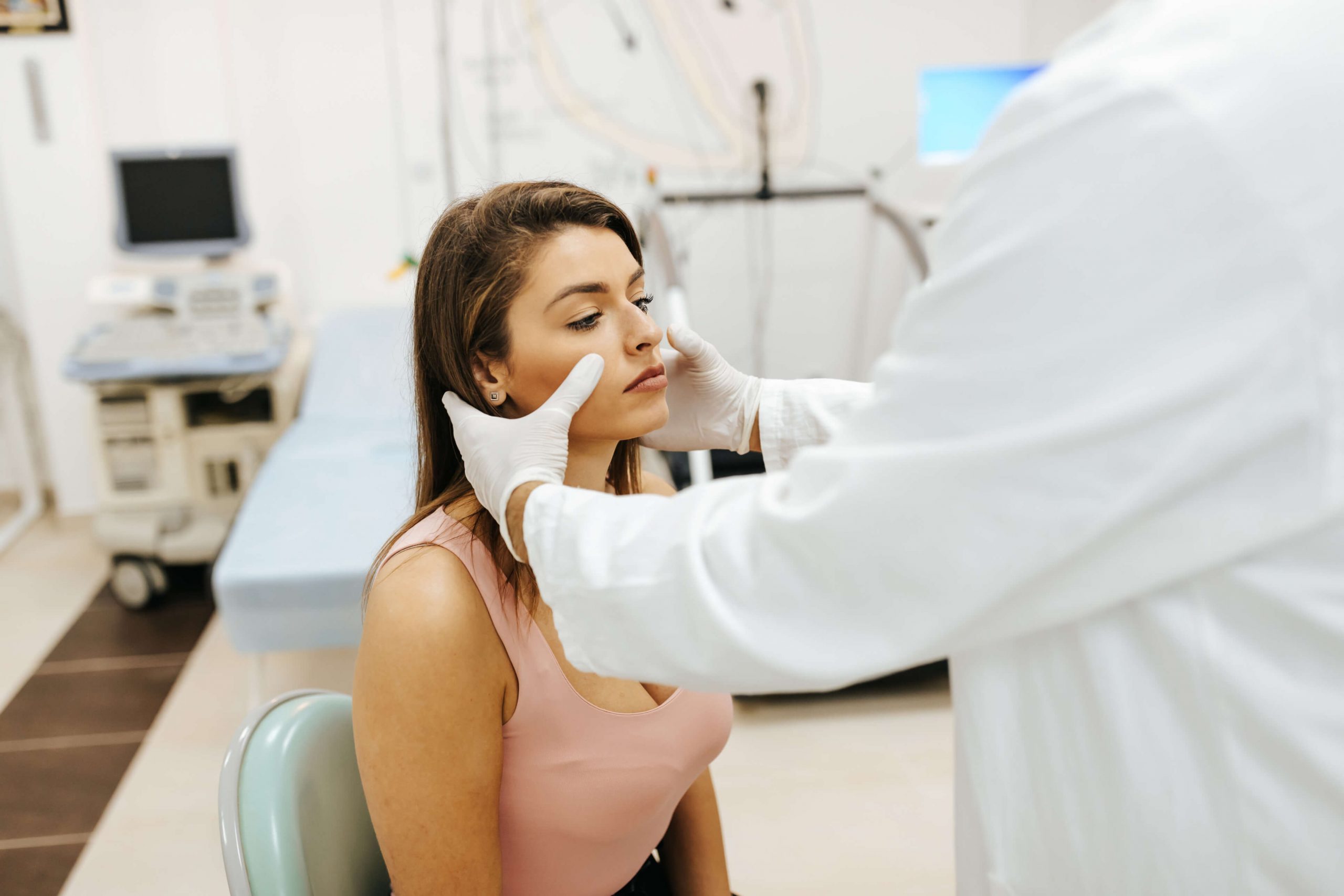
Functional endoscopic sinus surgery (FESS) is a minimally invasive and safe surgical procedure that is performed by ENT specialists to treat various sinus conditions such as chronic sinusitis, polyps, and other conditions that affect the sinuses.
In this guide, we’ll provide you with a comprehensive overview of FESS, explain how it’s performed, and what to expect during, before and after surgery.
What is Functional Endoscopic Sinus Surgery?
FESS is a surgical procedure that is used to treat sinus conditions by removing blockages and obstructions in the sinus passages. It’s a minimally invasive procedure that uses an endoscope, a thin, flexible tube with a camera attached to it.
The endoscope is inserted through the nostril and into the sinus passages, allowing the surgeon to see the sinus tissues and remove any obstructions or diseased tissues.
How is FESS Performed?
FESS is typically performed under general anaesthesia, although local anaesthesia may be used in rare cases.
During the procedure, your ENT surgeon will make small incisions in the nasal cavity to gain access to the sinus passages. The endoscope is then inserted into the nasal cavity, and the surgeon can view the sinus tissues on a monitor.
Using specialized surgical instruments, the surgeon will remove any obstructions, such as polyps or inflamed tissue, from the sinus passages.
The goal of FESS is to improve the drainage of the sinuses and promote the healing of your sinus tissues.
Am I A Candidate For FESS Surgery?
Functional Endoscopic Sinus Surgery (FESS) is generally recommended for individuals suffering from chronic sinusitis, polyps, or other sinus conditions that have not improved with medication or other non-surgical treatments.
Whether or not someone is a candidate for FESS will depend on their specific condition and evaluation by an ENT specialist.
What to Expect After Surgery
After surgery, you will typically be discharged the same day. You may experience some discomfort and swelling in the nasal cavity, but this can usually be managed with over-the-counter pain medications.
Your ENT specialist may prescribe saline nasal sprays or rinse your sinuses with a saline solution to help clean them and promote healing.
Most patients are able to return to work or school within a week or two after FESS surgery, although this will depend on the extent of the surgery and the nature of your work. Your surgeon will provide you with specific instructions for post-operative care, including when to resume normal activities.
Are There Any Risks or Complications?
As with any surgical procedure, there are risks associated with FESS. These may include bleeding, infection, and damage to the surrounding tissues. However, FESS is considered a safe and effective treatment for chronic sinus conditions, and the risk of complications is generally low.
Conclusion
Functional endoscopic sinus surgery is a safe and effective treatment for chronic sinusitis, polyps, and other conditions that affect the sinuses. If you are suffering from chronic sinusitis or other sinus conditions, FESS may be an appropriate treatment option for you. Speak to your ENT specialist to learn more about FESS and if it’s right for you.

FAQ
Is FESS painful?
FESS is generally performed under general anesthesia, so you should not feel any pain during the procedure. After surgery, you may experience some discomfort and swelling in the nasal cavity, but this can usually be managed with over-the-counter pain medications.
How long does the FESS procedure take?
The length of the procedure may vary depending on the extent of the surgery, but it usually takes between 1-3 hours.
Will I be able to breathe through my nose after FESS?
You may experience some congestion and swelling in the nasal cavity after surgery, but you should be able to breathe through your nose within a few days of the procedure. In some cases, it may take several weeks for the swelling to completely subside and for you to notice an improvement in your nose breathing.
How long does it take to fully recover from FESS?
Recovery time varies depending on the extent of the surgery and the nature of your work. Most people are able to resume daily activities within a week or two after FESS, but you should avoid strenuous activity and exercise for several weeks, until your first review with your surgeon.
How do I prepare for surgery?
Your ENT specialist will provide you with specific instructions to prepare for FESS. This may include avoiding certain medications or foods, stopping smoking, and arranging for someone to drive you home after the procedure.
Is FESS Medisave Claimable and can I use my corporate insurance
In Singapore, Functional Endoscopic Sinus Surgery (FESS) is generally considered a medisave claimable procedure if it is deemed medically necessary by an ENT specialist. However, the amount of coverage depends on the specific case and your Medisave balance.
Corporate insurance coverage for FESS may vary depending on the policy and your insurance provider. Speak to our friendly clinic staff to learn more about financing options for FESS.
Will I need to stop taking any medications before or after FESS?
You may be asked to stop taking certain medications, such as blood thinners, before the procedure. After the procedure, you may need to take antibiotics or other medications to prevent infection.
Can FESS be performed on children?
Yes, FESS can be performed on children who suffer from chronic sinusitis or other sinus conditions. Our paediatric ENT specialists will determine if FESS is a suitable treatment option for your child after an examination.
What should I expect during the post-operative appointment?
During your post-operative review, your ENT specialist will examine your nasal cavity and sinuses to evaluate your healing progress. They may also remove any packing or splints that were placed during the procedure.
What are the alternative treatments to FESS?
Alternative treatments to FESS include medication, such as nasal sprays or antibiotics, or balloon sinuplasty, which is a less invasive surgical procedure. The effectiveness of these treatments may depend on how severe your condition is.
Can I drive myself home after FESS?
No, you will not be able to drive yourself home after FESS. You will need to arrange for someone to drive you home, as the effects of anesthesia will most likely impair your driving abilities.
How long will I need to use nasal sprays or rinse my sinuses with saline solution after FESS?
There is no cookie cutter answer for this. Depending on your healing progress, your ENT specialist will provide you with specific instructions for post-operative care, including how long you will need to use nasal sprays or saline rinses. This will depend on the extent of the surgery and the nature of your sinus condition.
When can I resume exercise and other strenuous activities after FESS?
You should avoid strenuous exercise and activities for several weeks after FESS, as these activities can increase your risk of bleeding and other complications. Your ENT specialist will provide you with specific instructions for when it is safe to resume these activities during your post-operative review.
What should I do if I experience complications or concerns after FESS?
If you experience complications or concerns after FESS, such as fever, severe pain, or bleeding, contact your ENT specialist right away or go to the nearest A&E if your complications are severe.
Can FESS be performed as an outpatient procedure?
Yes, FESS is typically performed as an outpatient procedure, which means you can go home the same day as the surgery.

